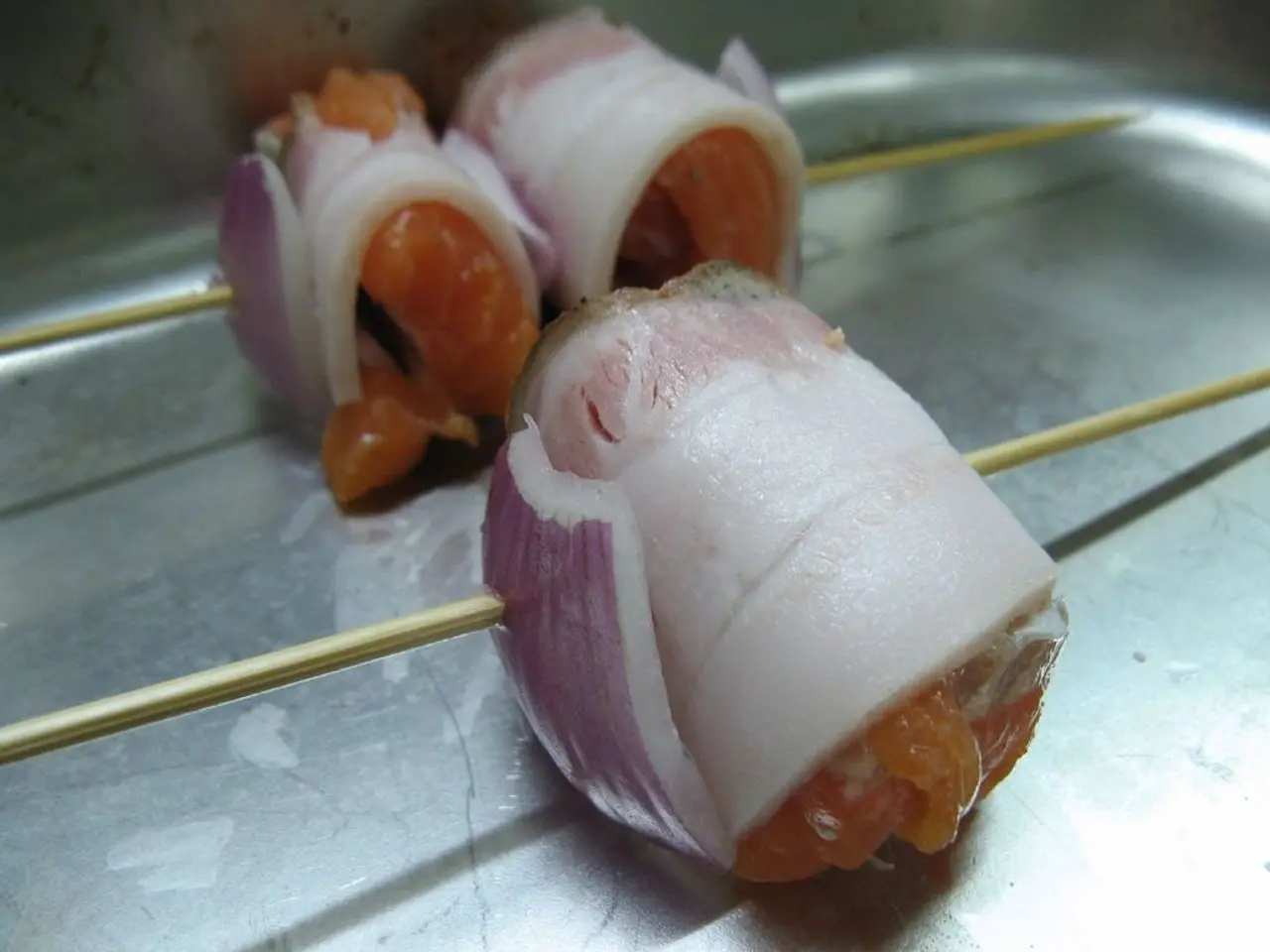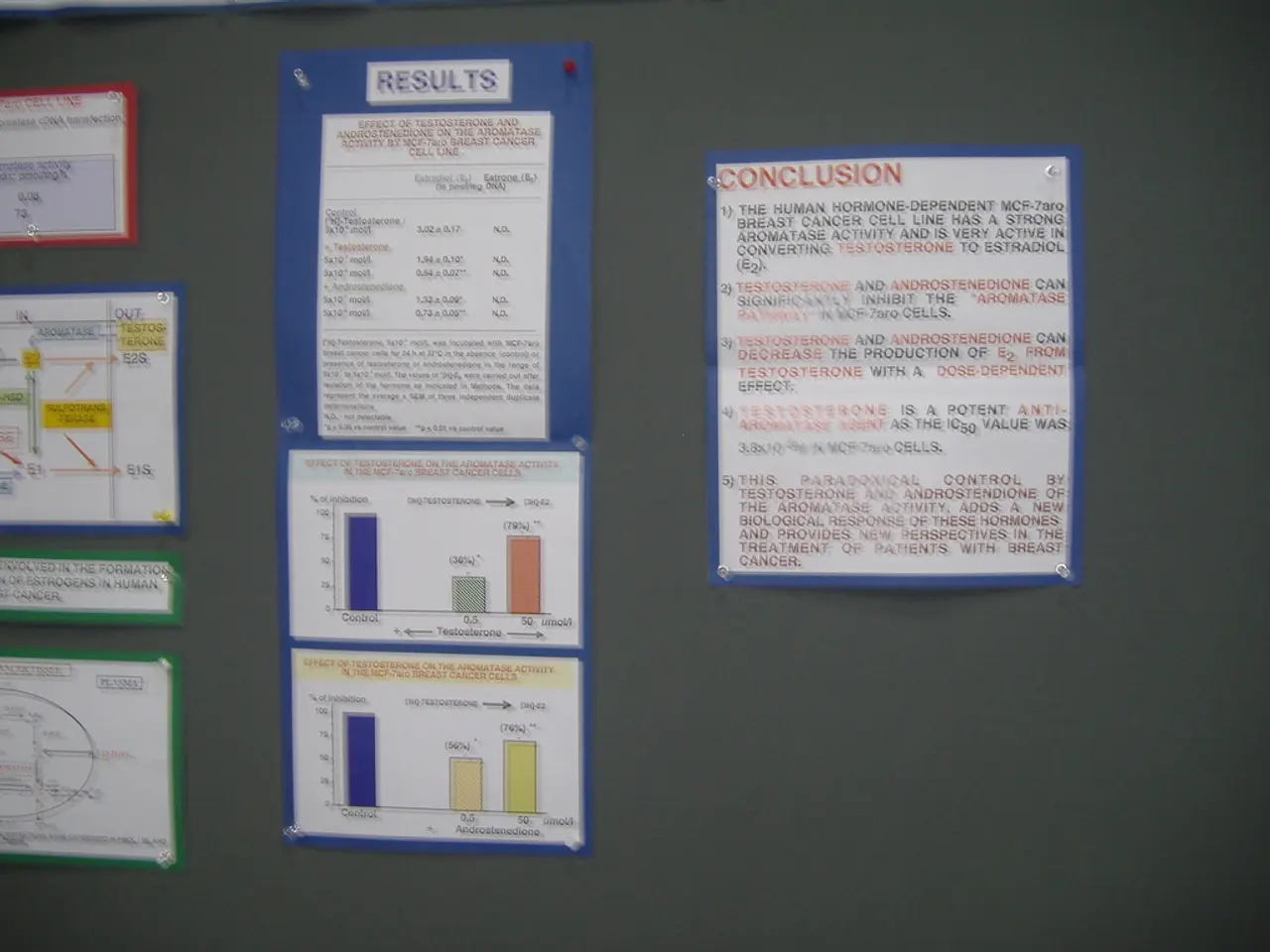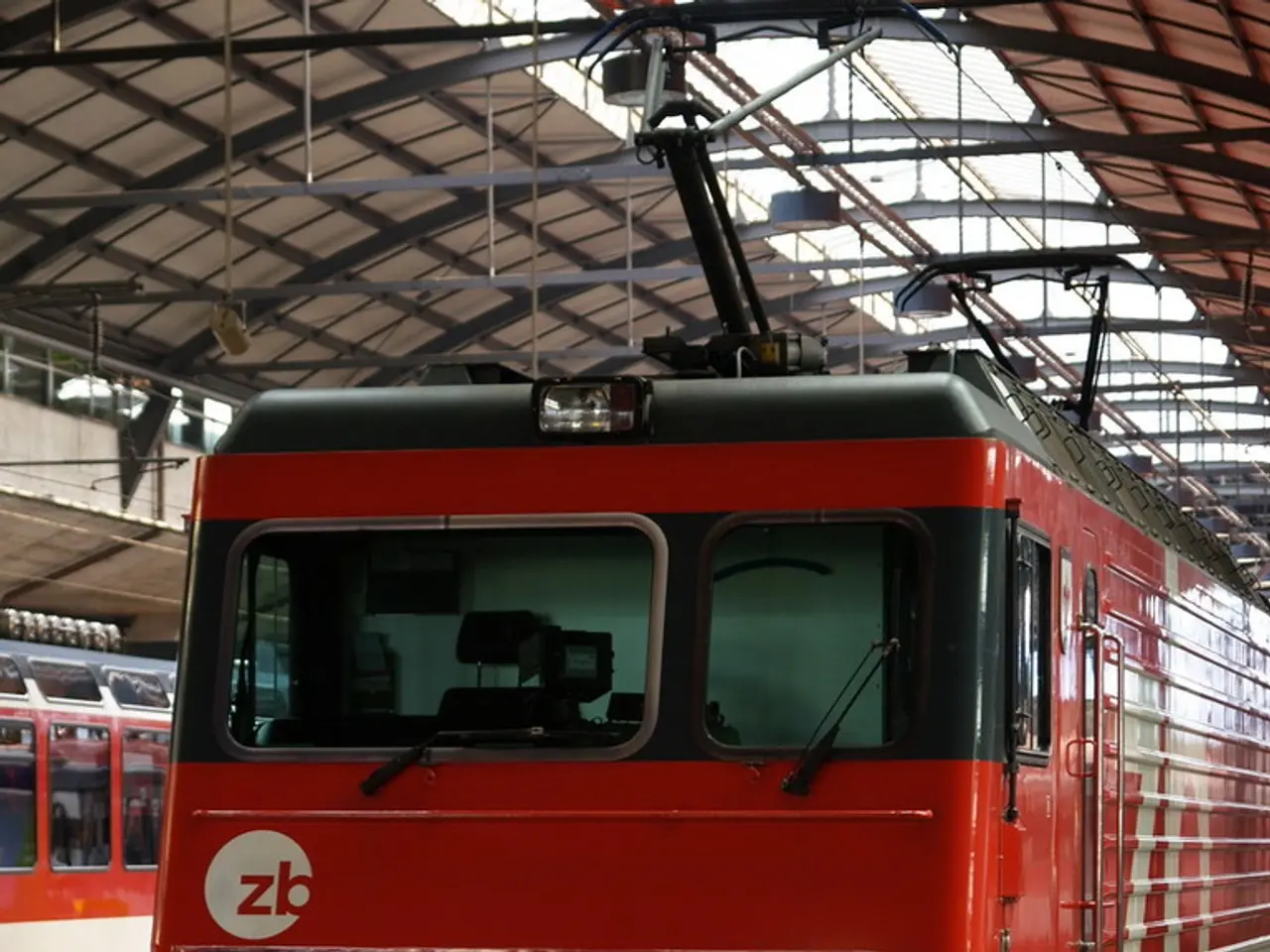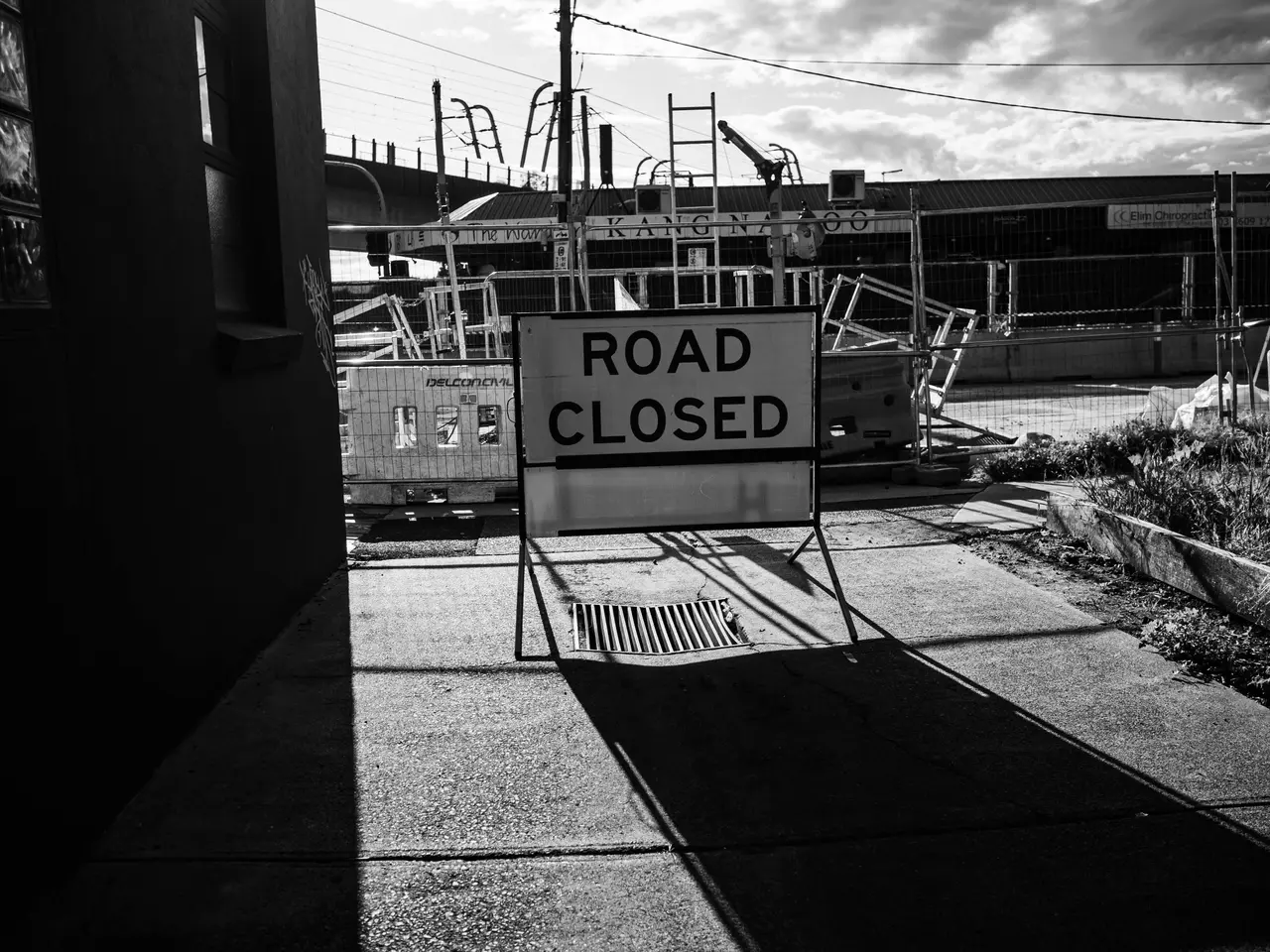Officers of the Kenya Defense Forces (KDF) now expected to cover meal costs within the barracks, causing unease among ranks.
The Kenya Defence Forces (KDF) have introduced a new policy on July 1, 2025, known as the Pay-As-You-Eat (PAYE) system, marking a significant shift in the organisation's welfare and operational management [1][2][4]. This policy, designed to cut costs, improve efficiency, and align KDF with best practices seen in other regional and international military forces, has sparked debate regarding its impact on personnel wellbeing [1][2][3][4].
Under the PAYE system, military personnel stationed in peacetime barracks are now required to pay for their lunches, replacing the previous government-funded meal subsidy. Units were authorised to demand 14 days’ worth of rations as seed capital to create a self-sustaining fund managed by designated committees [1]. The system utilises existing amenities, with any additional needs to be addressed in the 2025/2026 financial year [1].
To help cushion service members against inflation and provide flexible meal purchasing power, the Ministry adjusted the Ration Cash Allowance, which was first introduced in 2000 [2]. The PAYE model applies only to personnel in peacetime barracks; soldiers on active duty or in training continue to receive government-provided meals [2].
Many lower-ranking soldiers have expressed concern over the added financial strain, fearing potential meal skipping, especially among those with tight finances or loan obligations [1][2][3]. Critics, including political figures like Kalonzo Musyoka, have warned that the policy risks lowering troop morale and questioned the government’s rationale behind the change [3].
However, the Ministry cites benefits such as reduced queuing time, elimination of ration duplication, more meal choices, and better resource use within the forces [1][2]. The savings from scrapping the meal subsidy are intended to improve kitchen infrastructure, acquire catering equipment, and clear outstanding food-related bills [2].
Here is a summary of the key details of the PAYE policy:
| Aspect | Details | |------------------------|-------------------------------------------------------------------------------------------| | Start Date | July 1, 2025 | | Who Pays | KDF personnel in peacetime barracks (officers and soldiers) | | Who is Exempt | Soldiers on active duty or in training | | Payment Method | Out-of-pocket cash or salary deduction | | Ration Seed Capital | 14 days’ worth of rations to create revolving fund management | | Ministry's Justification | Cost-saving, efficiency, flexibility, alignment with global military best practices | | Impact on Soldiers | Financial strain concerns, potential morale issues, but improved meal choices and efficiency |
As the implementation of the PAYE policy continues, it will be interesting to observe its long-term effects on the KDF and the wellbeing of its personnel.
The introduction of the Pay-As-You-Eat (PAYE) system in the Kenya Defence Forces (KDF) has stimulated debate on its consequences for personnel wellbeing, given that it requires military personnel to pay for their meals during peacetime and implies potential financial strain for some service members. This policy, aiming to reduce costs, improve efficiency, and align with international best practices, has raised questions about its impact on troop morale, particularly from political figures like Kalonzo Musyoka.








